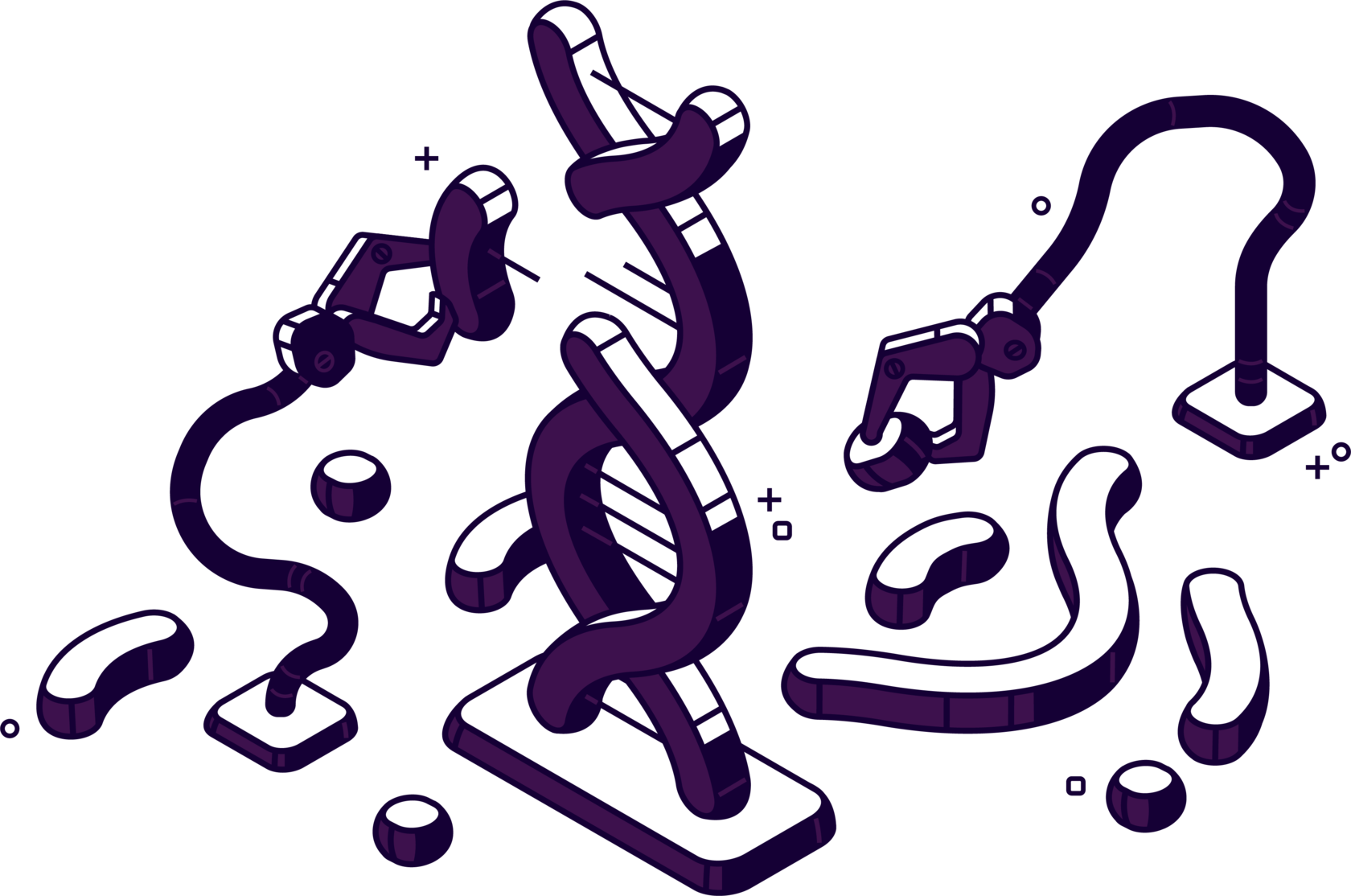January 13, 2019
Big Data, Blockchain, Data, Startups and Scaleups
By admin
The days of data privacy as an afterthought are well behind us, but the motivation to monetize consumer data remains strong. The downside is, many companies are stockpiling information without much regard to basic security features; the upside is, a reliable framework can save the day.
The threat of data breach is real and it has greatly impacted customer trust. In order to gain and retain that trust, companies must be diligent in addressing common risks like the potential for data to be compromised, stolen or misused. It’s no longer an option to delay uptake or have a lackadaisical attitude about the way data is collected and used – doing so would be a recipe for disaster with today’s complex and increasing regulations.
Where to Start
The best way to win is with a strong data-use framework that clearly outlines the types of data you will collect, retain and use, and includes a strict privacy component. To develop a data-use framework, Chief Information Officers (CIOs) and Chief Privacy Officers (CPOs) should use strategic thinking to evaluate the following privacy considerations and elements, for inclusion.
- Ideal paths for discovery, classification and life-cycle management of data
- Disaster recovery and data-breach response plans
- Risk and impact assessments of laws and regulations
- A flow map of where data is stored and transmitted, and who has access
- Policies for use of technology and advanced analytics to protect personal data, including enforcement strategies and possible exclusions
- Third-part evaluations of new products impacting privacy
- Ethical guidelines directing the use of personal data, on a use-case basis
- Training programs tailored to educate staff & partners of data/privacy policies
Creating a framework takes effort but will ensure that customer privacy stays at the forefront of your data-monetizing plans. It can also support deeper corporate initiatives by equipping leaders with the tools they need to address emerging issues around data privacy in the workplace.
The Ethical Debate
The process will no doubt surface a host of ethical considerations, like whether data should be shared with third parties, used to assess new job candidates, or be disclosed for use in criminal investigations. Committing to a framework means working through these tough questions so everyone can get on board and be on the same page, allowing for a much smoother adaptation process as regulations evolve.
Innovative companies positioned to thrive in the digital economy are thinking broad about emerging risks and using frameworks as a way to take bold action. They’re not married to legacy strategies and look for new ways to identify areas that will be incompatible with future trends. They’re not afraid to deviate from what’s always been done. Above all, they’re letting privacy lead the way and building it into the architect of their organizational technology, infrastructure and best practices.
